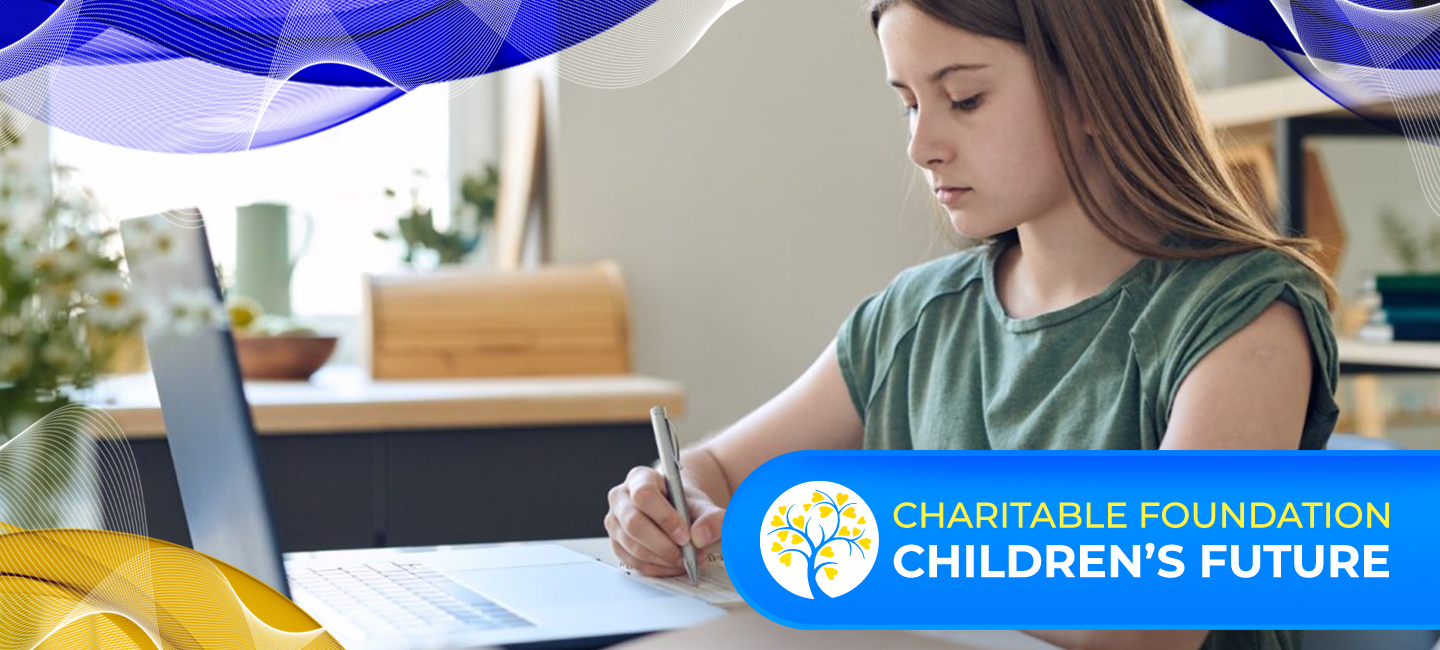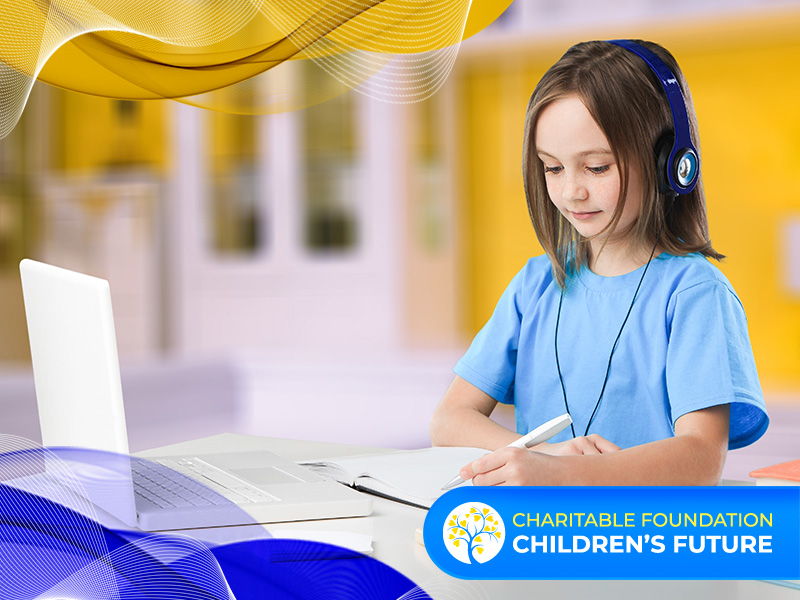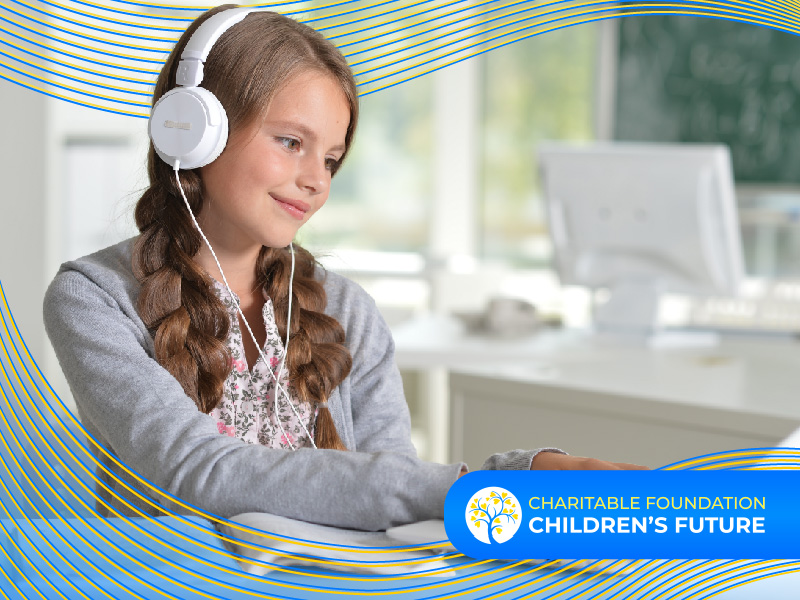During times of war, the educational process is always at risk. The closure of educational institutions, instability, and threats to safety significantly complicate access to quality education for children. However, any challenges can be overcome. Even in extremely difficult conditions, it is possible to support home learning, involve children in self-education,
and provide the necessary support and resources to those most affected by the war. Despite the difficulties, education should be accessible to every Ukrainian child.
Education Despite Obstacles
Education for children affected by war is a crucial factor in restoring normal life. Overcoming educational challenges requires the concerted efforts of parents, guardians, communities, and authorities. Collaborative efforts will help quickly and effectively rebuild the lives of those who have suffered the most.
Ensuring Access to Home Learning
One of the first steps is to create a conducive educational environment at home. This is especially relevant for children affected by war, as they may reside in temporarily occupied territories, active combat zones, or in close proximity to the front line. If schools are conducting remote learning, parents should provide children with textbooks and ensure stable internet access if possible. This will create the foundation for uninterrupted learning.
For children affected by war, familiar learning environments may be inaccessible. Therefore, it is essential to create a dedicated area at home where children can focus on their tasks. A comfortable desk and chair, along with necessary materials (paper, pencils, pens, a computer), are essential components for successful home learning. Providing a suitable educational environment will enhance productivity, allowing those affected by war to concentrate on their studies even in challenging times.
Additionally, it is crucial to establish reasonable study hours at home during wartime. Consider the child's daily routine, ensure a balance between learning and relaxation, and incorporate regular breaks and opportunities for physical activity to improve health and educational performance.
Psychosocial Support
Children affected by war may require special psychological support. Help them adapt to learning and cope with stressful situations. Parents and guardians should serve as role models for children, emphasizing the importance and value of education. Encourage students in their academic achievements, assist them in tackling tasks that may seem challenging.
Education for children affected by war can also become more engaging and effective by incorporating elements of play. For example, organize a "scientific experiment of the day" or a learning tournament based on their favorite subjects.
Self-Education
Education for children affected by war should not rely solely on formal lessons but should also encompass independent study of materials. This provides an opportunity to fill knowledge gaps. If a child missed a specific topic or did not understand it during a lesson, it is an excellent chance for independent learning. It is essential to maintain children's interest in subjects that intrigue them. Education for children affected by war does not have to be
limited to the school curriculum. If a student is interested in a particular topic or discipline, help them explore it further. Purchase or borrow additional books from the library, prepare research projects together, attend online courses, or workshops.
Interactive Resources
Moreover, education for children affected by war can be more accessible through online resources and platforms for distance learning. Utilize open resources provided for free, consider attending online courses in various subjects. We recommend paying attention to the charitable program for all Ukrainian students in grades 1-11 from the distance school "Optima." For children affected by war, this is an opportunity to access unique materials from any two subjects for three months.
Educational challenges are an integral part of life in wartime. However, adults can find ways to support affected children. Distance education, self-learning, support for psychosocial well-being will help children develop and maintain hope for the future even in the most challenging circumstances.r

















